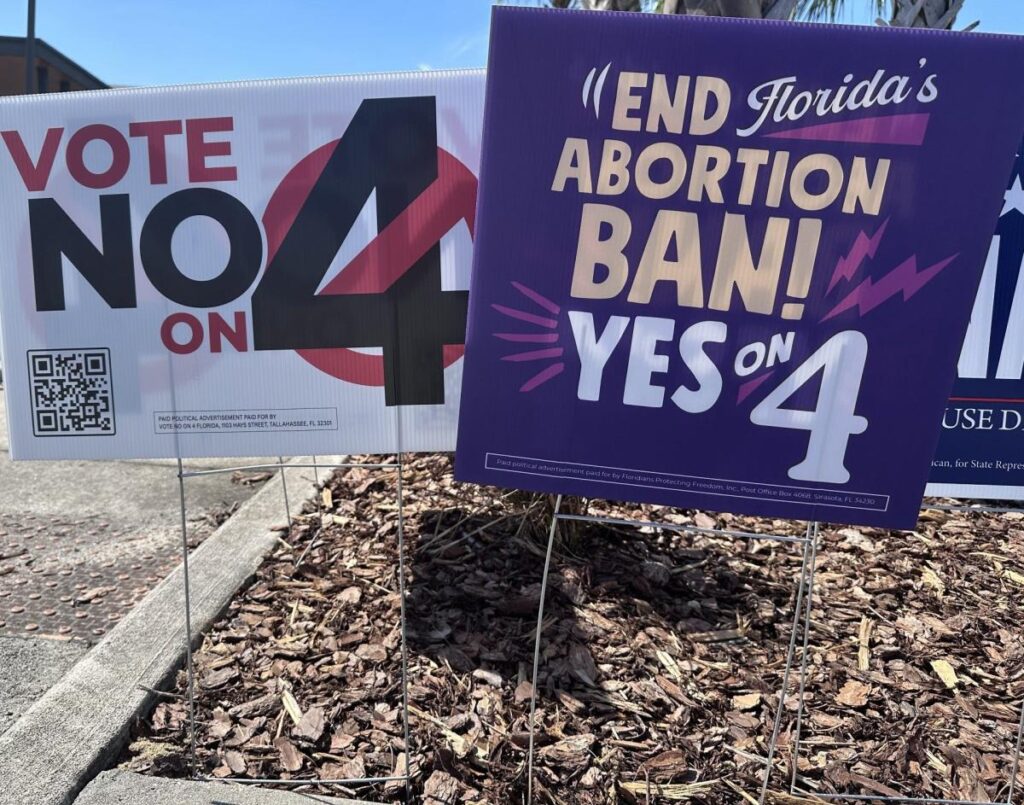In a recent survey conducted by Stetson University, support for recreational marijuana and abortion access in Florida appears to be strong among voters. The survey indicates that Amendments 3 and 4, which pertain to the legalization of recreational marijuana and the protection of abortion rights, respectively, enjoy 64% support among those polled. This survey, carried out between October 25 and November 1, involved 452 likely voters and has a margin of error of plus or minus 5%. The results have been adjusted to reflect Florida’s diverse demographics and historical voting trends, suggesting a significant shift in public opinion on these social issues.
Florida’s political landscape shows notable dynamics as the public’s views shift on these contentious subjects. The support for recreational marijuana seems to reflect a growing acceptance of cannabis use across the United States. Additionally, the discussion surrounding abortion access has intensified, especially in light of recent national trends and legal battles over reproductive rights. Both amendments are positioned to fundamentally alter the legal landscape in Florida, aligning it more closely with states that have embraced progressive social policies.
The survey results indicate that the political climate in Florida may also favor former President Donald Trump, who currently leads Vice President Kamala Harris by 7 points, garnering 53% of the support against Harris’s 46%. Florida, possessing 30 Electoral College votes, remains a crucial battleground state in U.S. elections. Trump’s lead in the state reflects a continuation of Republican dominance seen in previous elections, where he won by narrow margins against both Hillary Clinton in 2016 and Joe Biden in 2020. The evolution of voter registration trends, which now show Republicans surpassing Democrats, could signify an enduring Republican advantage going forward.
In addition to the support for marijuana and abortion amendments, the Stetson survey also highlights the re-election prospects of U.S. Senator Rick Scott, who is ahead by 8 points against former Congresswoman Debbie Mucarsel-Powell in her bid to unseat him. The shifting tides of public opinion are further complicated by these election dynamics, as incumbents typically benefit from established electoral bases while challengers seek to mobilize different voter demographics.
Moreover, the survey reflects majority support for other amendments on the ballot, including Amendment 1, which seeks to make school board elections partisan, and Amendment 2, which aims to enshrine hunting and fishing rights in the state constitution. Although specific support margins for these amendments were not disclosed, the acknowledgment of majority backing indicates potential changes in Florida’s governance and policies. These issues highlight a diverse range of voter priorities, illustrating how various topics resonate differently among constituents.
As Florida approaches the upcoming elections, the convergence of social issues like marijuana and abortion, alongside the established political frameworks and individual races, presents a complex picture of the electorate. While the Stetson survey suggests a significant appetite for change regarding personal freedoms and rights, it remains to be seen how these sentiments will translate into actual voting behavior. The blend of social and political dynamics could influence not only individual races but also set the tone for broader legislative changes in the state moving forward.

